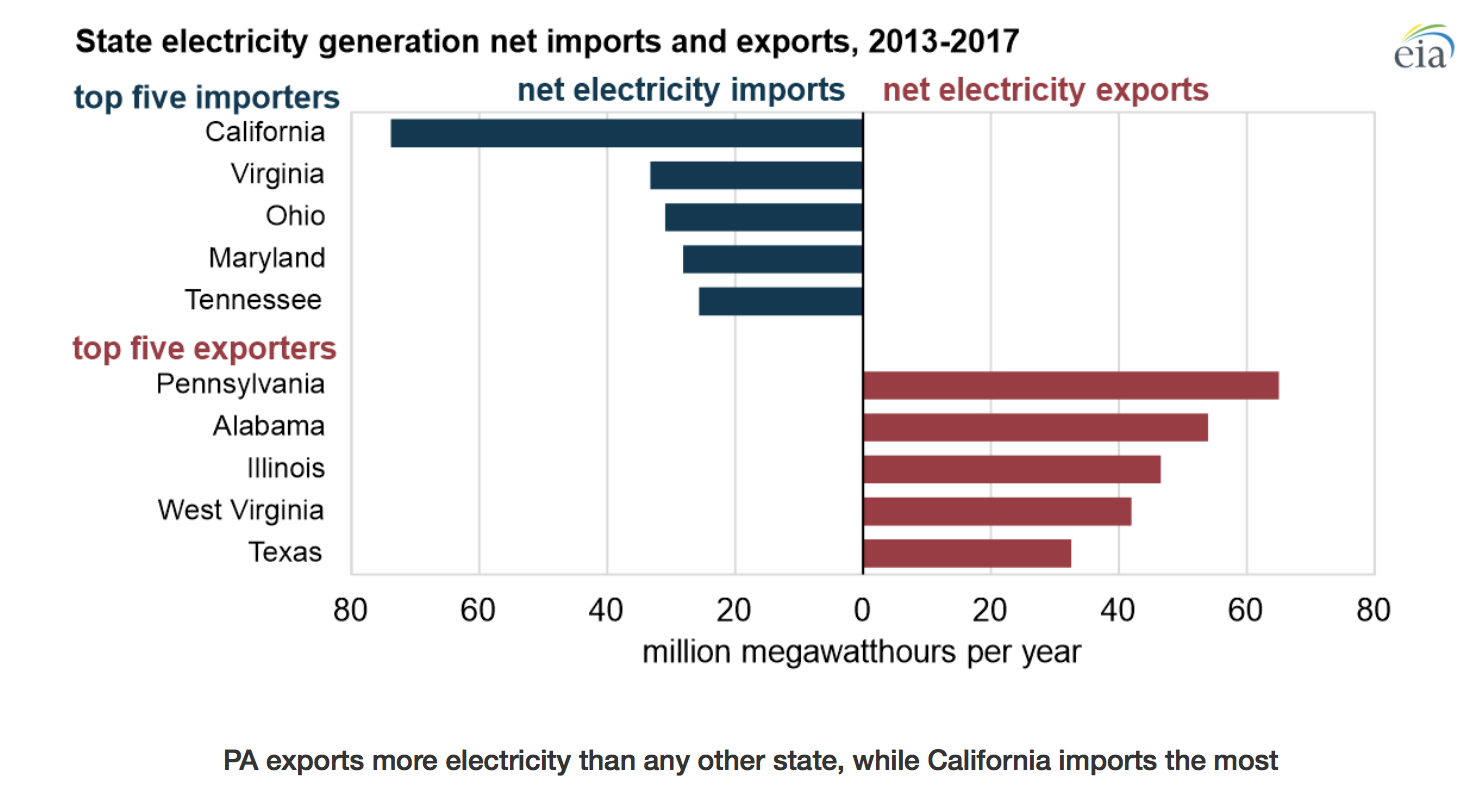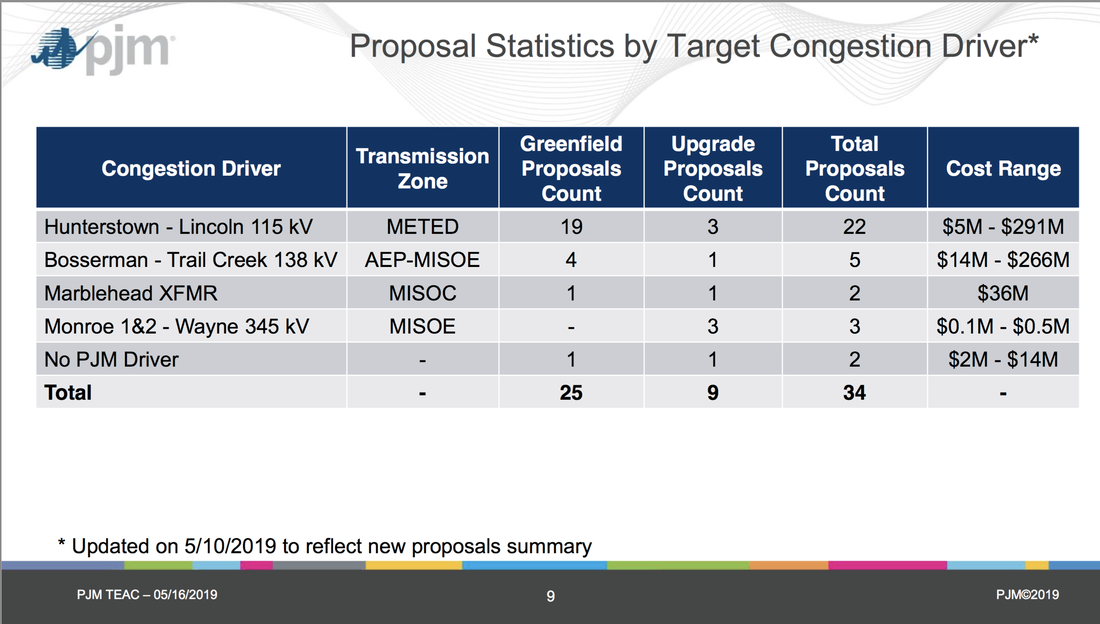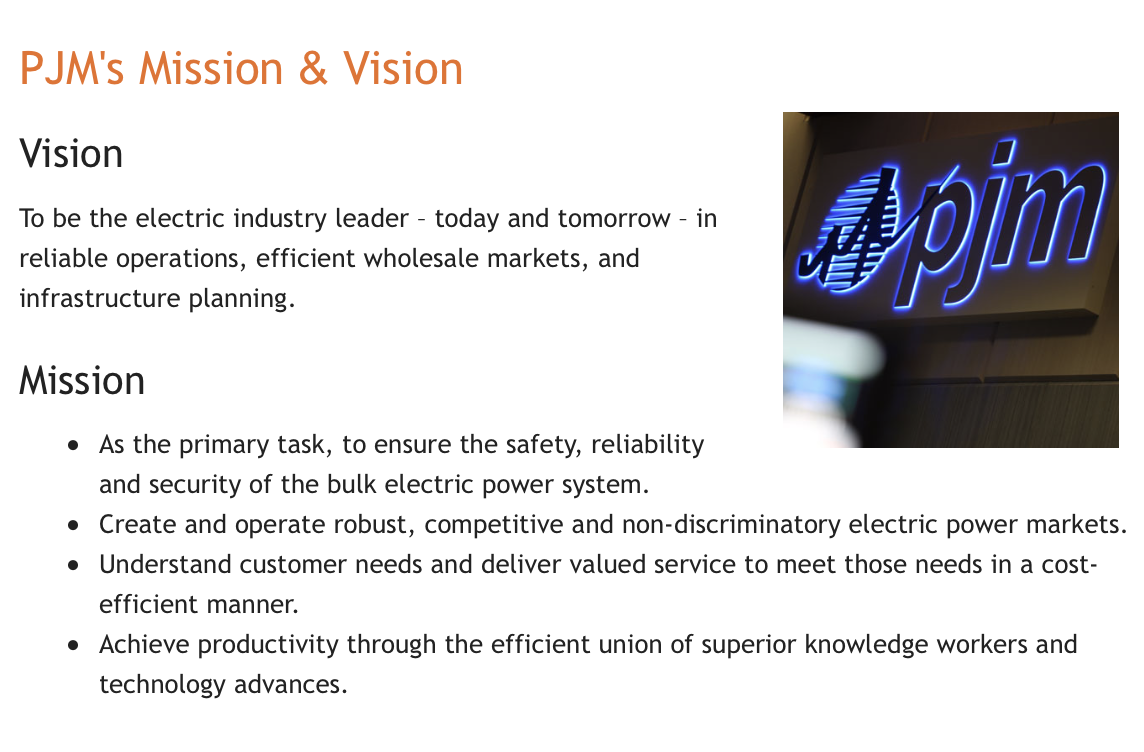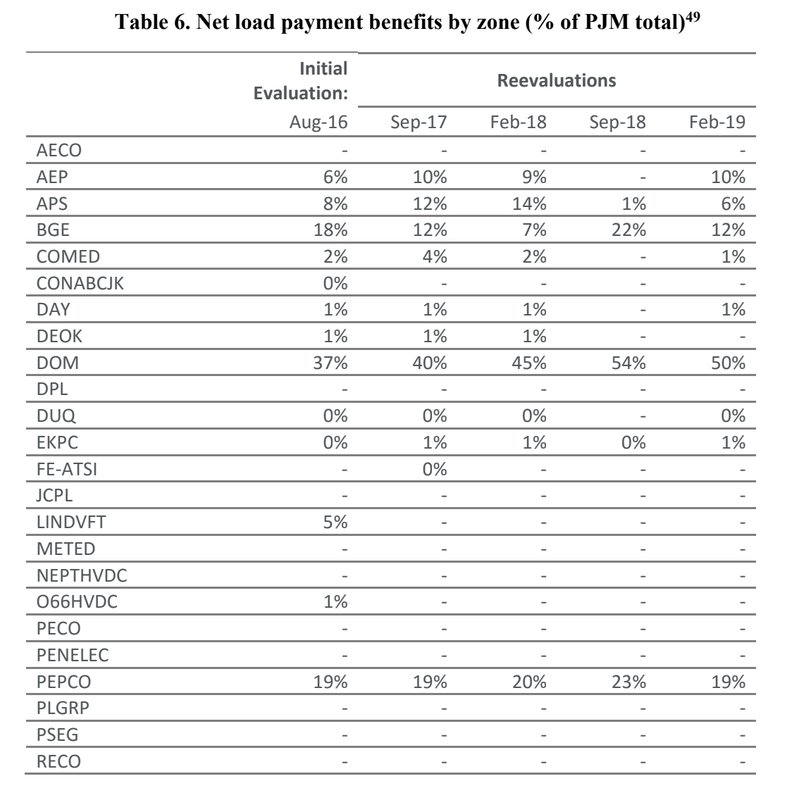Does it work? Depends on who you ask. Some say it has reduced carbon emissions and electric prices. Others say it has had no effect on carbon emissions and has raised electricity prices in member states. And all opinion on the matter is political.
One thing I found interesting is that RGGI fans claiming reduced emissions and prices are giving RGGI credit for factors it had nothing to do with, namely cheap natural gas and the huge shift from baseload coal to baseload gas electricity generation. In order to properly evaluate RGGI, you must do it in a vacuum. Our complicated regional electricity markets don't allow such a vacuum, therefore it is truly impossible to determine whether RGGI works or not.
Another interesting tidbit is that RGGI caused emissions "leakage" to non-participating states. If it's too expensive to emit carbon generating electricity in a participating state, the same generation can happen cheaper in a neighboring, non-participating state.
One thing unavoidable is that requiring generators to purchase carbon allowances creates revenue for a state, and that revenue creates a whole new cost for generating electricity. Who pays for that? Electric consumers. Whether RGGI works to lower prices to offset the new costs gets into a lot of complicated stuff that can be used to bolster claims of success or failure of RGGI.
Pennsylvania is the biggest exporter of electricity. Generators in the state produce much more than Pennsylvanians use. Enter Transource.
The Transource transmission project was dreamed up to export cheap energy from Pennsylvania. Energy in Pennsylvania is cheap because there is a surplus. Transource will export Pennsylvania electricity to Maryland, Virginia and Washington, DC. Maryland and Virginia import a lot of electricity, instead of generating their own.
So, how might RGGI affect Transource's already fragile cost-benefit ratio if it is implemented in Pennsylvania? Will it lower the amount of electricity Pennsylvania exports? Will reductions in the amount of electricity produced in Pennsylvania raise its electricity prices? If the price of electricity in Pennsylvania rises, will Transource actually save money for electric customers in Maryland and Virginia? What purpose will the transmission line serve if the electric price differential it's based on evaporates? There's going to be lots of geeks at PJM Interconnection hunched over their abacuses trying desperately to continue the charade that the Transource project serves some purpose other than to provide parent company American Electric Power with a double digit return on its investment.
The answer is a wishy-washy "who knows?" What is certain is that the Transource project is going to cost regional electric consumers hundreds of millions of dollars in increased electric bills. Cost = certain. Benefit = uncertain.
Just one more reason to halt this dated project.







 RSS Feed
RSS Feed